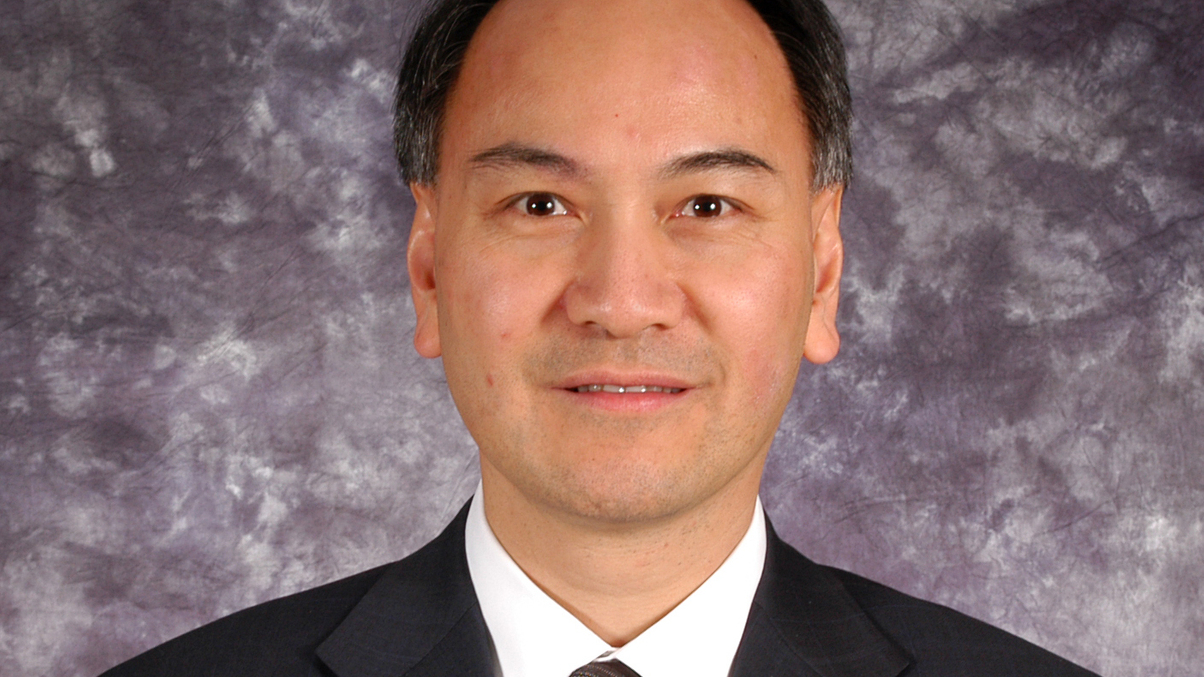SSgA points to further sovereign diversification
State Street Global Advisors expects to boost its $400 billion in sovereign assets under management, with Asia a key driver – despite a slowdown in the region's reserve growth.

The incoming global head of official institutions at State Street Global Advisors is likely to have a major focus on Asia Pacific, given that the region accounts for the majority of sovereign assets globally and state entities are looking to diversify their portfolios.
Sign in to read on!
Registered users get 2 free articles in 30 days.
Subscribers have full unlimited access to AsianInvestor
Not signed up? New users get 2 free articles per month, plus a 7-day unlimited free trial.
¬ Haymarket Media Limited. All rights reserved.


